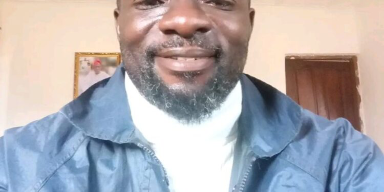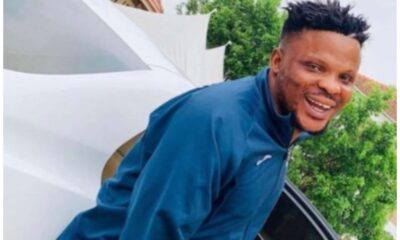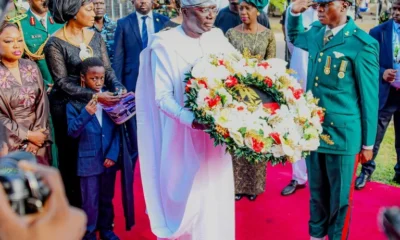Politics
THINK TANK: PETER OBI’S ECONOMIC ANALYSIS, SIMPLISTIC, SHOWS A PEDESTRIAN UNDERSTANDING OF THE NATIONAL ECONOMY
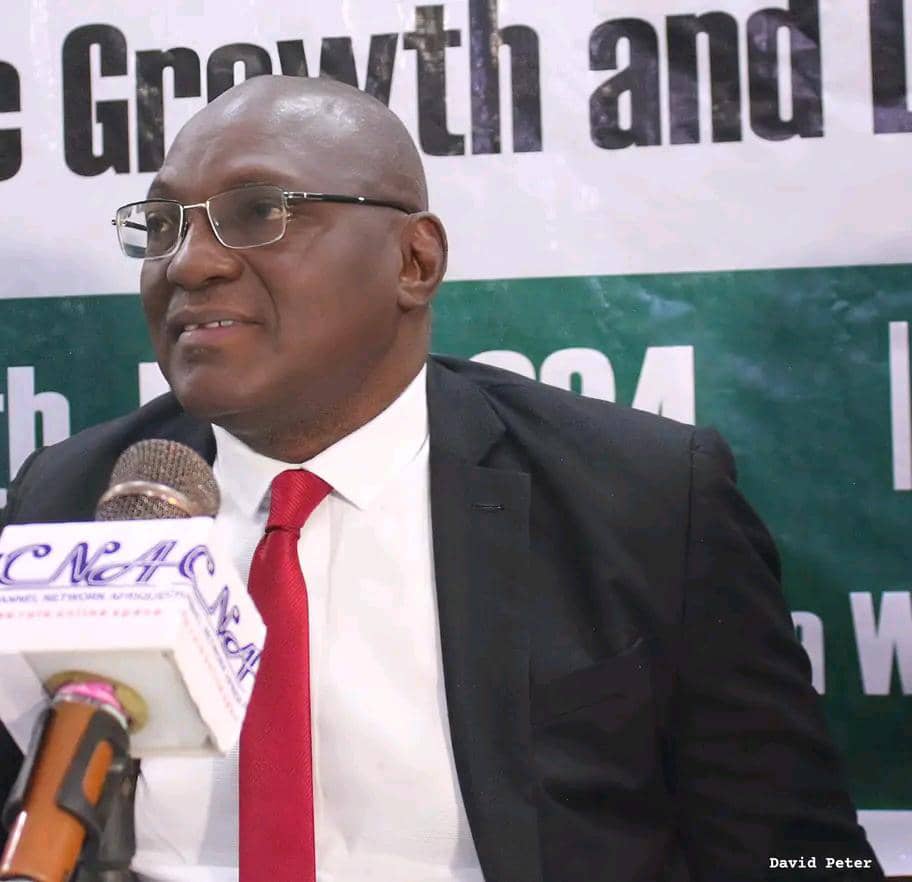
The Independent Media and Policy Initiative (IMPI) has described recent comments by Peter Obi, the Labour Party presidential candidate in the 2023 election, on using money to drive economic productivity as not only simplistic but also hollow.
The policy group noted that Mr Obi’s position, which he canvassed in a recent TV interview, shows a pedestrian understanding of the national economy.
In a policy statement signed by its Chairman Dr Niyi Akinsiju, IMPI argued that economic productivity is not a stand-alone item that could be automatically fixed with a single-dose action.
It said: “We do not begrudge Mr Obi accusing the administration of President Bola Ahmed Tinubu of being ineffective in implementing economic policies. We consider his proposition of injecting money into productivity as the singular solution to Nigeria’s economic malaise in the first two years of this administration if he were to be the president, as manipulative and borne of a deficient understanding of historical issues that underline Nigeria’s economic trajectory.
“He claims his silver bullet proposition would lead to a more productive and sustainable economy. Coming from a former governor and one who had chaired the board of a commercial bank, we found this submission puzzling and, at the same time, vexatiously narrow.
“The fact is that productivity is not a stand-alone item in the universe of economic productivity. It is, by fact and praxis, made up of different components and value aggregation.
“Economic productivity, which implies the efficiency of an economy in producing goods and services, is influenced by human capital (education, skills), technology, physical capital (equipment), natural resources, and entrepreneurship.
“Driving economic productivity supposes an overall strategy to streamline these factors and generate the appropriate quantum of revenue to invest in them while considering the period it would take to gestate and impact the economic space.”
The policy group pointed at Nigeria’s economic challenges and wondered what the former Anambra state governor would have done differently from steps taken by the Tinubu administration.
“Since 2014, Nigeria has had to contend with challenges of low revenue exacerbated by policies that continuously erode productivity, such as fuel subsidies and multiple exchange rates.
“Despite the storm associated with the removal of fuel subsidies and the harmonisation of multiple foreign exchange windows, the Tinubu administration expressed a profound understanding of the national economy by conducting the equivalent of a surgical incision on the economy.
Tangential to this is the “injection of money into productivity” single-dose treatment of the nation’s economic malaise advocacy by Mr Obi.
“In an economy characterised by low revenue and huge accumulated debt as of the May 29, 2023 handover date, Mr Obi has left us wondering what exact policy options he would have deployed to achieve his “monetary injection into productivity” policy if he were President.
“To put it in context, we wonder how and what routes Mr Obi would wish to adopt in the first two years of his Presidency to accomplish his vaunted policy if he were in President Tinubu’s shoes.
“This is, more, in the face of a legacy of a fiscally constrained economy that manifests in a trifecta of headwinds witnessed from the second half of 2014 through to the disruptions occasioned by the 2020 Covid pandemic and the gross economic erosion recorded in the Covid era through to the post-Covid years to 2023 when the Tinubu administration, determinedly commenced the engineering of a paradigm change of the nation’s economic template.
“Against this background, we consider it somewhat perplexing that Mr Obi would criticise the Tinubu administration for ‘floating the naira in the absence of productivity while also increasing the country’s debt profile and the cost of debt servicing’ which, according to him, was above the budgetary allocation for critical sectors like health and education.
“We consider this sweeping averment on the character of Nigeria’s emerging economy under the Tinubu administration to be either the outcome of unbridled ignorance about the workings of an economy or a deliberate manipulation of facts and reality to exploit Nigerians’ base political sentiments,” the policy group said.
IMPI added that contrary to Obi’s claims, its analysis which aligns with that of the World Bank shows that there are enough pointers to the success of the ongoing economic reforms.
“Against Mr Obi’s merchant-minded, import-focused understanding of the depreciation of the naira as a consequence of floating the local currency and the diminished value of the naira relative to other currencies, data from the National Bureau of Statistics (NBS) show that Nigeria recorded in 2024 a total trade volume of N138 trillion or $89.9 billion, the highest in the country’s history, representing a 106% increase compared to the previous year.
“We also observe how the national economy is shifting from a low revenue-earning to an increasing capacity for high revenue generation, as shown in the quantum of revenue available to be shared among the three tiers of government by the Federation Accounts and Allocation Committee (FAAC).
“In 2024, Nigeria’s Federation Account received ₦15 trillion in revenue, with a 43% jump in disbursements to the Federal Government, states, and local government councils. In contrast, N10.143 trillion was received and shared among the tiers of government as statutory revenue allocations in 2023.
In this light, Mr Obi’s conjecture on economic issues shows a truly deficient comprehension of the dynamics of economics and their real-life application, it noted.
The policy group also questioned Obi’s understanding of the constitutional mandates of the tiers of government based on his position on the President taking responsibility for primary healthcare and basic education in Nigeria.
Politics
Electoral Reform: Dino alleges senate’s plot to rig 2027 election
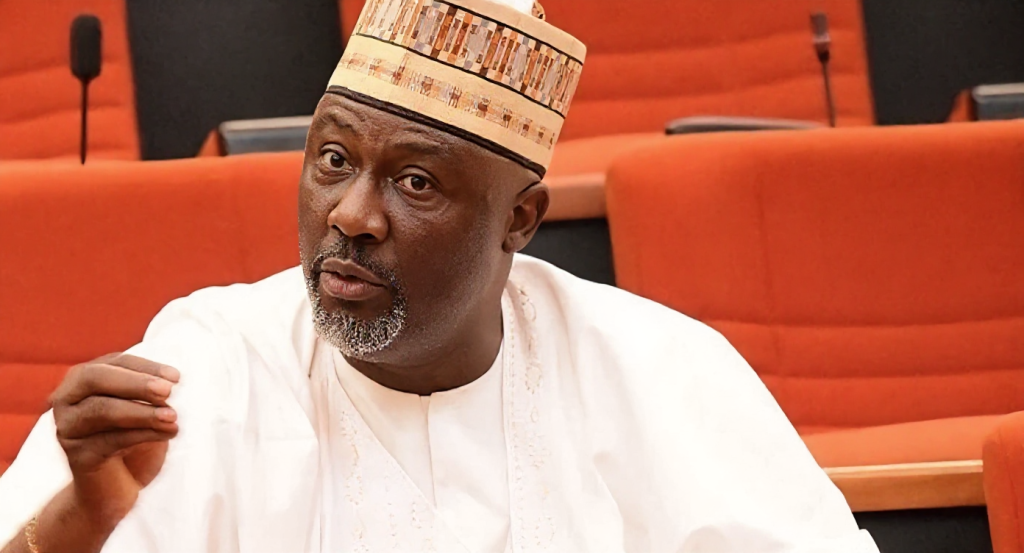
Former lawmaker, Dino Melaye Esq, has raised concerns over the Senate’s reported rejection of the electronic transmission of election results.
The move, according to Melaye, is a clear endorsement of election rigging and an indication of a sinister plan to rig the 2027 elections.
In a statement on Friday, the former lawmaker criticized the Senate’s decision, stating that it undermines the credibility of the electoral process.
The African Democratic Congress, ADC chieftain, also stated that the move opens the door for electoral manipulation and fraud.
He further warned that the rejection of electronic transmission of results is a step backwards for democracy in Nigeria.
Melaye called on lawmakers and citizens to stand up against “this blatant attempt to undermine the will of the people and ensure that future elections are free, fair, and transparent”.
Politics
Electoral Act: Nigerians have every reason to be mad at Senate – Ezekwesili
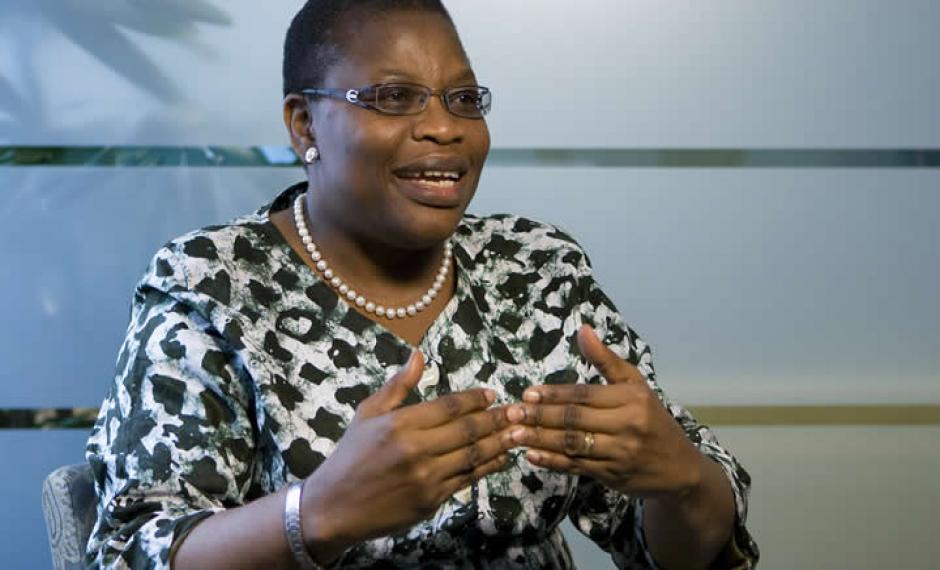
Former Minister of Education, Oby Ezekwesili, has said Nigerians have every reason to be mad at the Senate over the ongoing debate on e-transmission of election results.
Ezekwesili made this known on Friday when she featured in an interview on Arise Television’s ‘Morning Show’ monitored by DAILY POST.
DAILY POST reports that the Senate on Wednesday turned down a proposed change to Clause 60, Subsection 3, of the Electoral Amendment Bill that aimed to compel the electronic transmission of election results.
Reacting to the matter, Ezekwesili said, “The fundamental issue with the review of the Electoral Act is that the Senate retained the INEC 2022 Act, Section 60 Sub 5.
“This section became infamous for the loophole it provided INEC, causing Nigerians to lose trust. Since the law established that it wasn’t mandatory for INEC to transmit electoral results in real-time, there wasn’t much anyone could say.
“Citizens embraced the opportunity to reform the INEC Act, aiming to address ambiguity and discretionary opportunities for INEC. Yet, the Senate handled it with a “let sleeping dogs lie” approach. The citizens have every reason to be as outraged as they currently are.”
Politics
Electoral act: Senate’s action confirms Nigeria ‘fantastically corrupt’, ‘disgraced’ – Peter Obi
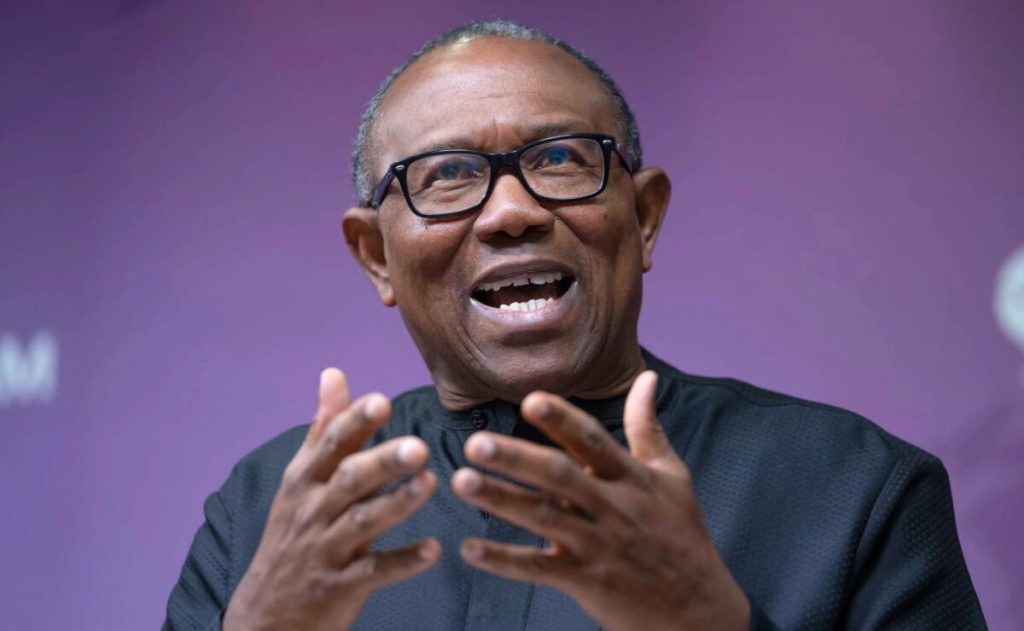
Former Labour Party presidential candidate, Peter Obi, has condemned the Senate’s refusal to make electronic transmission of election results mandatory, saying the move further exposes Nigeria as a fantastically corrupt and disgraced country.
Obi expressed his views in a statement shared on X on Friday, where he accused lawmakers of deliberately weakening Nigeria’s democratic process ahead of the 2027 general elections.
He explained that his reaction came after a brief pause to mourn victims of a deadly tragedy in Kwara State, where over 150 people reportedly lost their lives.
“Let us first pray for the souls of the innocent Nigerians lost in Kwara. That painful incident is why I delayed responding to the shameful development surrounding our electoral system,” he wrote.
Describing the Senate’s decision as intentional and dangerous, Obi said rejecting mandatory electronic transmission was not a simple oversight but a calculated attempt to block transparency.
“The Senate’s open rejection of electronic transmission of results is an unforgivable act of electoral manipulation ahead of 2027,” he said.
According to him, the action strikes at the heart of democracy and raises serious questions about the true purpose of governance in Nigeria.
“This failure to pass a clear safeguard is a direct attack on our democracy. By refusing these transparency measures, the foundation of credible elections is being destroyed. One must ask whether government exists to ensure justice and order or to deliberately create chaos for the benefit of a few.”
The former Anambra State governor linked the post-election controversies of the 2023 general elections to the failure to fully deploy electronic transmission of results, insisting that Nigerians were misled with claims of technical failures.
“
The confusion, disputes and manipulation that followed the 2023 elections were largely due to the refusal to fully implement electronic transmission,” he said.
He added that the so-called system glitch never truly existed.
Obi compared Nigeria’s electoral process with those of other African countries that have embraced technology to improve credibility, lamenting that Nigeria continues to fall behind.
“Many African nations now use electronic transmission to strengthen their democracy. Yet Nigeria, which calls itself the giant of Africa, is moving backwards and dragging the continent along.”
He criticised Nigeria’s leadership class, saying the country’s problems persist not because of a lack of ideas but because of deliberate resistance to meaningful reform.
“We keep organising conferences and writing policy papers about Nigeria’s challenges. But the truth is that the leaders and elite are the real problem. Our refusal to change is pushing the nation backwards into a primitive system of governance.”
Warning of the dangers ahead, Obi said rejecting electronic transmission creates room for confusion and disorder that only serves the interests of a small group.
He also recalled past remarks by foreign leaders who described Nigeria as corrupt, arguing that actions like this continue to justify those statements.
“When a former UK Prime Minister described Nigeria as ‘fantastically corrupt,’ we were offended. When former US President Donald Trump called us a ‘disgraced nation,’ we were angry. But our continued resistance to transparency keeps proving them right.”
Obi warned that Nigerians should not accept a repeat of the electoral irregularities witnessed in 2023.
“Let there be no mistake. The criminality seen in 2023 must not be tolerated in 2027.”
He urged citizens to be ready to defend democracy through lawful and decisive means, while also calling on the international community to closely monitor developments in Nigeria’s electoral process.
“The international community must pay attention to the groundwork being laid for future electoral manipulation, which threatens our democracy and development,” Obi stated.
He concluded by expressing hope that change is still possible if Nigerians take collective responsibility.
“A new Nigeria is possible but only if we all rise and fight for it.”
-
Business1 year ago
US court acquits Air Peace boss, slams Mayfield $4000 fine
-

 Trending1 year ago
Trending1 year agoNYA demands release of ‘abducted’ Imo chairman, preaches good governance
-

 Politics1 year ago
Politics1 year agoMexico’s new president causes concern just weeks before the US elections
-

 Politics1 year ago
Politics1 year agoPutin invites 20 world leaders
-

 Politics1 year ago
Politics1 year agoRussia bans imports of agro-products from Kazakhstan after refusal to join BRICS
-
Entertainment1 year ago
Bobrisky falls ill in police custody, rushed to hospital
-
Entertainment1 year ago
Bobrisky transferred from Immigration to FCID, spends night behind bars
-
Education1 year ago
GOVERNOR FUBARA APPOINTS COUNCIL MEMBERS FOR KEN SARO-WIWA POLYTECHNIC BORI



